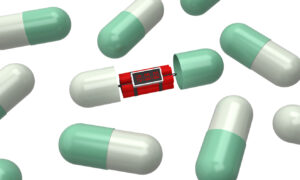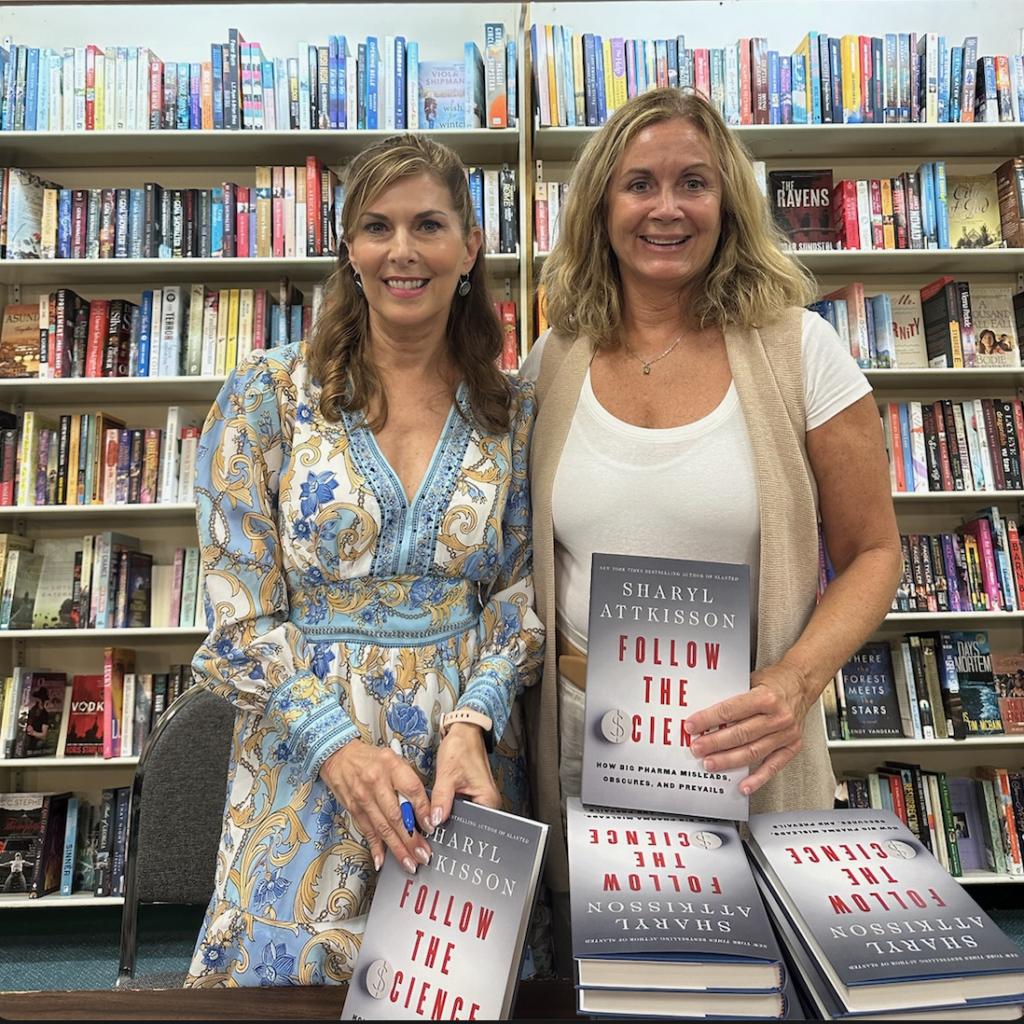This book, written by top health journalist Ray Moynihan and Canadian science writer Alan Cassels, is an analysis on pharmaceutical companies, and how they have colluded with medical science to expand their customer base and increase profits. This has been accomplished by lowering thresholds for certain disorders such as high cholesterol, creating narratives around common problems to turn them into diseases (such as sexual dysfunction), and to market their prescription drugs to not just sick people, but healthy people as well.
Moynihan and Cassels make it clear that there are definitely serious illnesses, conditions and disorders that require prescription drugs. Often, even powerful prescription drugs may be needed that come with side effects that may be worth enduring when weighed against the benefits of the drug. But in Selling Sickness: How the World’s Biggest Pharmaceutical Companies Are Turning Us All Into Patients, which was published in 2005, these authors illustrate how much of the world’s population, and even medical professionals, have been tricked into believing these pharmaceutical companies have altruistic intentions. The public has been warped into thinking they can trust the ads and commercials that are funded by these profiting pharma companies and say these drugs are safe and helpful, while downplaying potential risks.
As a result, many healthy people are on prescription drugs for normal everyday issues and these drugs are not only doing very little to help their condition, they are often creating even more problems for the patient thanks to various side effects. And sick people with conditions such as high blood pressure, for example, are now programmed to automatically turn to prescription drugs to fix their health problem, when natural remedies, such as diet and exercise, may be all they need. As more and more types and brands pharmaceutical drugs become available, and more and more medical diagnoses are created worldwide, this book is a must read.
About the Authors
Ray Moynihan
Ray Moynihan is one of the world’s leading health writers, with a background in academic research and investigative journalism. His work has appeared in the Sydney Morning Herald, the Age, the Australian Financial Review, Crickey.com, The Conversation, The Saturday Paper, the British Medical Journal, Lancet, and New England Journal of Medicine. He has given many presentations in universities, conferences and workshops worldwide.
Moynihan won a Harkness Fellowship, based at Harvard University, in 1999. Then in 2015 Ray completed his PhD on Overdiagnosis at what was then the Centre for Research in Evidence-Based Practice at Bond University in Australia. He is an honorary adjunct Assistant Professor at Bond University’s, Institute for Evidence-Based Healthcare, and Adjunct Associate Professor at the University of Sydney, and has been a cojoint lecturer at University of Newcastle, in Australia.
Moynihan has also done television and radio work with his investigative journalism, such as ABC TV’s investigative program, Four Corners and the 7:30 Report, and he recently hosted a series of podcasts from Australia called The Recommended Dose. He has written a total of four books and his most recent book, Sex, Lies & Pharmaceuticals, was released in 2010.
Alan Cassels
Alan Cassels is a Canadian writer who has been immersed in pharmaceutical policy research and healthcare journalism for the past 23 years. He has written several other books, including The ABCs of Disease Mongering: An Epidemic in 26 Letters, and Seeking Sickness: Medical Screening and the Misguided Hunt for Disease. His most recent book, The Cochrane Collaboration: Medicine’s Best Kept Secret (published in 2015) examines the history of a stellar international organization which produces some of the world’s highest quality medical information.
Cassel’s work has been heavily concentrated around exposing the large gap between the marketing and the science around prescription drugs, medical screening and other forms of disease creation. The head of RX&D, the research-based pharmaceutical association in Canada, refuses to debate Alan Cassels and his research on the drug industry’s practices.
Reviews
Gary Schwitzer, HealthNewsReview.org:
“It documents disease-mongering, how drug companies foster the creation of medical conditions to create markets for their pills, the marketing of fear, the “medicalization” of normal states of health, the hidden agendas of “disease-awareness campaigns,” problems with drug company relationships with celebrity spokespersons and patient advocacy groups, and other issues about which most consumers don’t have a clue. I highly recommend the book.”











